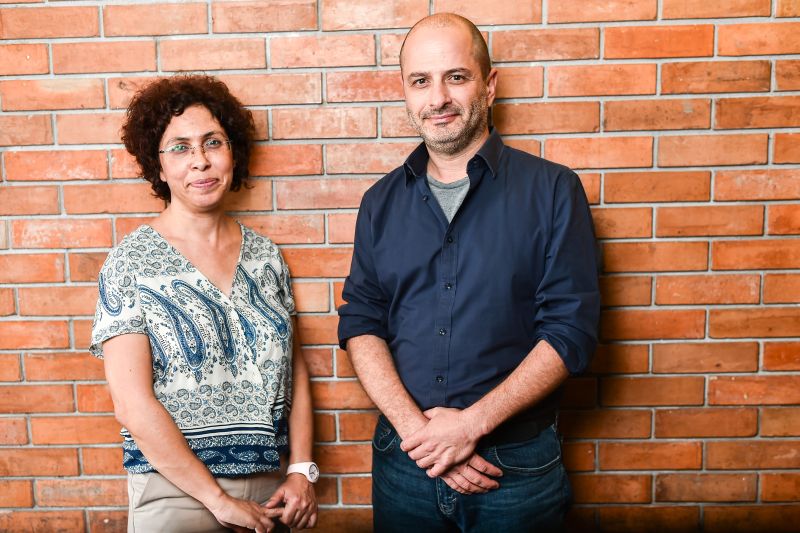
Rapidly advancing medical technologies, aging populations, higher mortality rates and growing crisis of chronic illnesses have resulted in increased government spending on public health. Although Israel boasts one of the most advanced universal health systems in the world, private spending on supplementary medical coverage is on the rise – a sign that Israelis’ healthcare needs are not being adequately met.
Israel’s highly ranked healthcare system continues to grapple with the constraints of cost, access and quality. A team of researchers at the University of Haifa and Rambam Health Care Campus are spearheading innovative research that focuses on cost-effective management strategies as the key to better healthcare delivery. “There are practical ways to improve the quality of Israel’s universal healthcare without increasing public spending or out-of-pocket expenses,” explains Dr. Shuli Brammli, Head of the Health Systems Management Department at the University of Haifa’s School of Public Health. “These cost-effective strategies will not only improve delivery of patient care, but help eliminate socioeconomic health disparities.”
Dr. Brammli is currently partnering with Prof. Ziv Gil to lead a nationwide transformation in public health policy management that will strengthen healthcare services accessibility. Prof. Gil is the Director of the Department of Otolaryngology Head and Neck Surgery at Rambam and a professor at the Technion-Israel Institute of Technology’s Faculty of Medicine.
The proposed policy shift will address some of the shortcomings within the health system that are currently being paid privately by patients. The inability to choose doctors or surgeons and extended waiting times for surgeries, are some of the acute needs not being met under the current system. Prof. Gil recently implemented key changes within his department to initiate cost-effective procedures and upgrade patient services. Today, patients can choose their surgeon, enjoy reduced waiting time for surgeries, and are assigned a nurse case manager to coordinate patient care from admittance to discharge. “We were very impressed with the improved level of care and successful patient outcomes in Dr. Gil’s department –a marked improvement over the national average,” notes Brammli. “The emphasis on patient-centered services will become the model for reshaping national health policies and strategies.”
“Within one year we became the top Head and Neck program in the country in measures of efficacy and volume,” says Prof. Gil. “Our work aims to improve the public health system from bottom up, using sustainable approaches to reduce inequalities in access to medical care,” continues Prof. Gil, “so as to ensure the best possible care for all. The collaboration pools our clinical expertise with the University’s founding pillars – academic excellence and commitment to social responsibility.”
Brammli and Gil are currently conducting a comprehensive study to assess the practices put in place in two departments at Rambam. The team plans to further develop management models and meet with decision-makers to present cost-effective strategies for streamlining patient-centered health delivery within the universal system.“We believe that our models will also be applicable to advanced healthcare delivery systems around the world.”

Brammli and Gil are co-authoring ‘A Manual for Mid-Level Managers in Hospitals and Clinics’, a hands-on guide to practical management tools and techniques for hospital department heads, written in English. “Medical school do not prepare doctors to run surgical departments,” notes Prof. Gil. “Our approach will prepare new managers in university hospitals for their roles as chairmen and directors of services.”
The team’s future plans include establishing a joint center on health policy, which will seek to bridge research, practice and policy and better address major health and behavioral health issues of the day.

